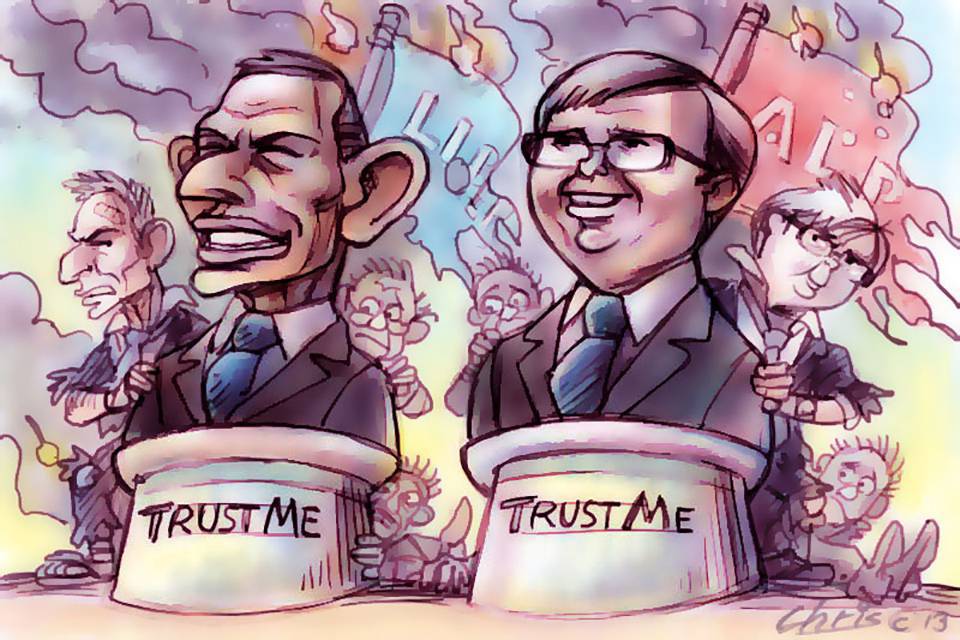Rodrigo Paz sworn in as Bolivia's new president, ending 20 years of one-party rule
Conservative politician Rodrigo Paz was sworn in as Bolivias new president on Saturday, ushering in a new era for the Andean nation after nearly 20 years of one-party rule.Paz took the oath of office before lawmakers and foreign leaders, raising his right hand before a Bible and a cross.God, country, and family, I do swear, he said before receiving the presidential sash and medals.The inauguration of Paz, 58, has generated anticipation among Bolivians weary of the severe fuel shortages and high food prices that have come to characterise the countrys worst economic crisis in 40 years.

Conservative politician Rodrigo Paz was sworn in as Bolivia's new president on Saturday, ushering in a new era for the Andean nation after nearly 20 years of one-party rule.
Paz took the oath of office before lawmakers and foreign leaders, raising his right hand before a Bible and a cross.
“God, country, and family, I do swear,” he said before receiving the presidential sash and medals.
The inauguration of Paz, 58, has generated anticipation among Bolivians weary of the severe fuel shortages and high food prices that have come to characterise the country's worst economic crisis in 40 years. To widespread surprise, he beat out his far more prominent right-wing opponent, former President Jorge “Tuto” Quiroga, in Bolivia's presidential runoff last month.
Paz inherits an economy in shambles after 20 years of rule by the Movement Toward Socialism party, founded by charismatic former President Evo Morales. The party had its heyday during the commodities boom of the early 2000s, but natural gas exports have sputtered and its statist economic model of generous subsidies and a fixed exchange rate has collapsed.
With US dollars scarce and chronic fuel shortages, a majority of voters chose Paz to lift them out of the economic crisis. He pitched major reforms but at a more gradual pace than Quiroga, who advocated an International Monetary Fund bailout and fiscal shock program.
The presidents of Argentina, Javier Milei; Chile, Gabriel Boric; Ecuador, Daniel Noboa; Uruguay, Yamandú Orsi; and Paraguay, Santiago Peña attended the inauguration in Bolivia's capital, La Paz.
After his October 20 victory, Paz distanced himself from the ALBA bloc — of which Bolivia is part along with Cuba, Nicaragua, and Venezuela — and moved closer to the United States, from which his country had grew apart after the expulsion of the US ambassador in 2008, during Morales's administration.
Paz also engaged with international financial institutions regarding a potential economic assistance programme. In addition, the new president reached an initial agreement with the Andean Development Corporation for a USD3.1 billion loan to boost economic recovery over the next few years.
“After two decades of left-wing government, he can count on the goodwill of foreign investors and the international community,” said Michael Shifter of the Inter-American Dialogue, a Washington-based international think tank. “His task will not be easy. If he acts too slowly or his policies stagnate and fail to pull Bolivia out of its economic crisis, Paz risks losing political capital.” Paz also announced after the election that his government will cooperate with all international organisations on security matters, including the US Drug Enforcement Administration, which Morales expelled from Bolivia at the end of 2008.
Paz will now have to work on building a solid alliance with political blocs as his Christian Democratic Party controls only 39 per cent of the 166 seats of the Legislative Assembly.(AP) RD RD
ALSO READ
-
Rodrigo Paz's Era: Navigating Bolivia's Economic Crossroads
-
Freedom for Jeanine Anez: Bolivia's Former Interim President Released
-
Justice Reversed: Bolivia's Jeanine Áñez Freed from Prison
-
Bolivia's Ex-President Jeanine Anez Released After Supreme Court Order
-
Bolivia's Supreme Court Orders Release of Former President Anez









